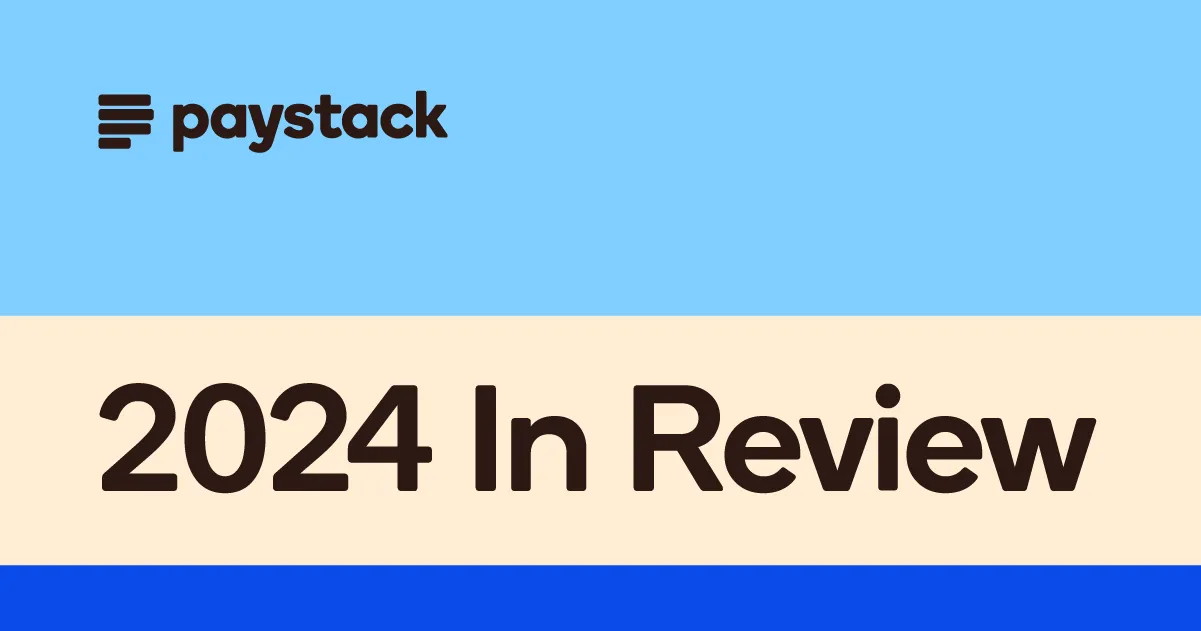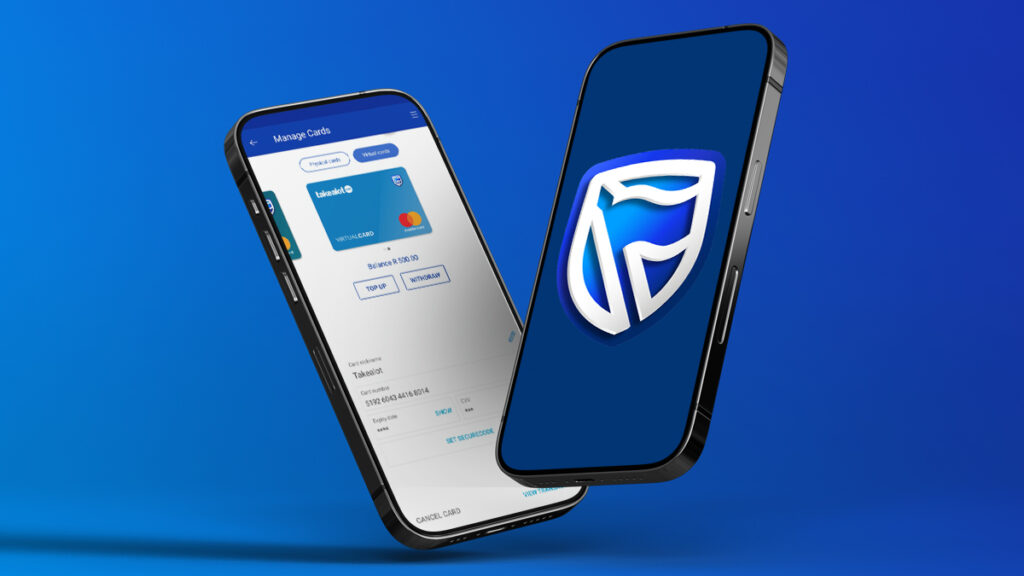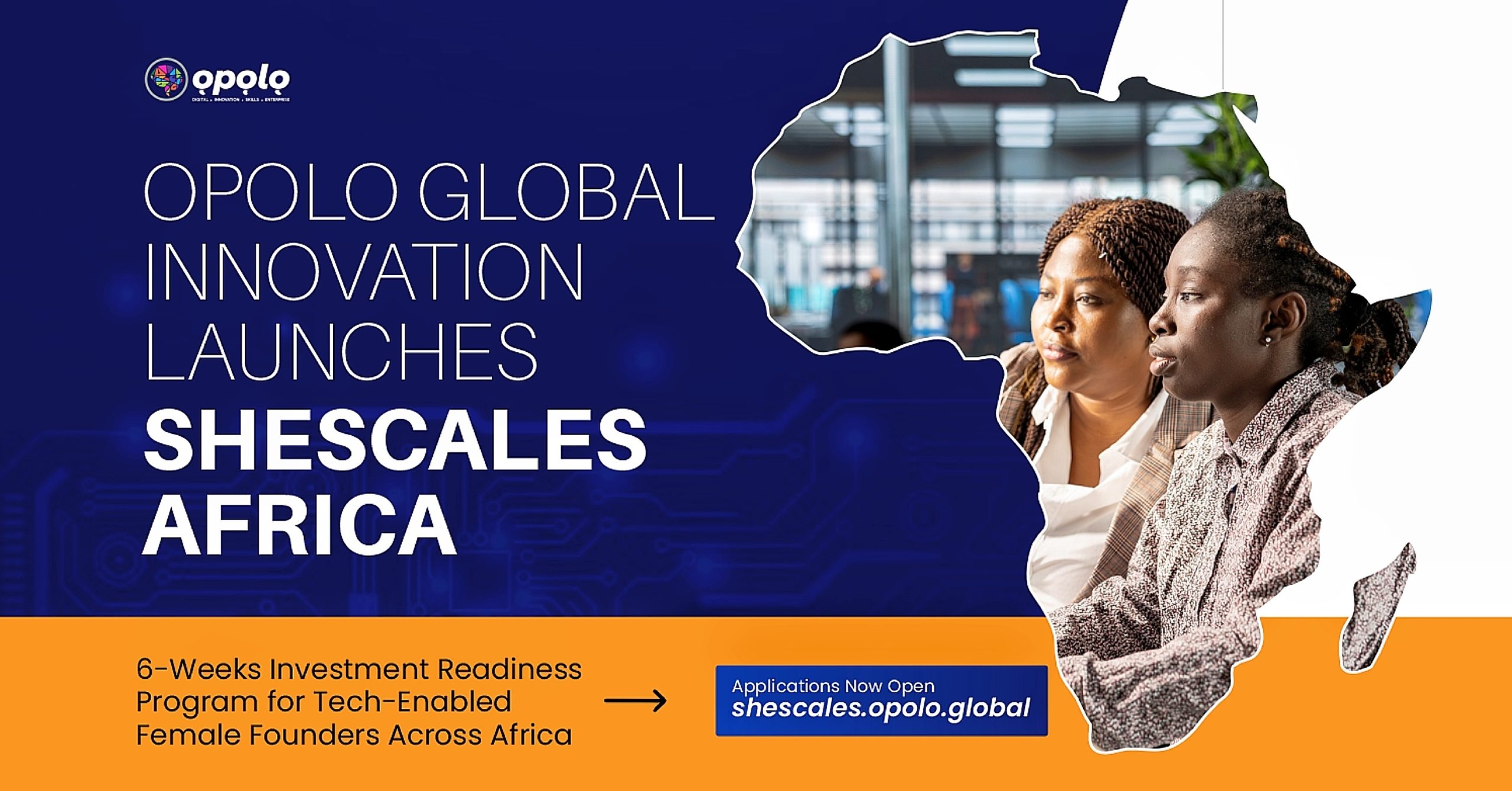- 👨🏿🚀TC Daily
- Posts
- Lending a data hand
Lending a data hand
Inside: Kenyan banks lose income on loans.


Howdy. ☀️
Both Nigeria and Kenya are moving to tighten data quality in their financial systems. On Tuesday, Nigeria’s central bank ordered all banks, mobile money firms, and payment providers to adopt the ISO 20022 messaging standard and geo-tag all payment terminals by October 31. In Kenya, the central bank has approved ValiData, a tool that helps banks verify borrower information and cut credit risk. Together, the two regulators are pushing for cleaner data and stronger oversight as lending and payments grow across the continent.
Let’s dive in.

Banking
Kenya’s Central Bank approves ValiData to tighten credit discipline in banking

In lending, the data and tools for writing loans are as important as having capital to give out. For years, this mismatch between the tools of the trade and the available capital has been a contentious problem for Kenyan lenders, resulting in poor assessments and piles of bad loans.
The ripple effects are now playing out between banks and the Central Bank of Kenya (CBK), with the regulator cutting benchmark rates while banks hesitate to follow suit.
On August 26, the CBK approved ValiData, a due diligence tool built by the country's Credit Information Sharing Association. ValiData acts as a filter inside each bank, checking loan files against industry rules.
State of play: The tool checks that mandatory fields are filled, formats are correct, IDs are valid, and there are no duplicates or obvious errors. Each batch of records is scored, and if fewer than 80% pass, the system blocks the submission and sends it back to the bank to fix before anything goes to the credit bureaus.
Between the lines: When credit bureaus receive quality data, banks get a clearer view of risk, which helps them cut bad loans, price credit fairly, and lend more confidently. Kenyan banks say ValiData delivers on this promise, calling it a move that strengthens the country’s entire credit market.
Zoom out: More than a decade in the making, the project began as a central hub before evolving into secure in-house software for banks. Backed by the Bill & Melinda Gates Foundation through FSD Kenya, it’s now rolling out nationwide.
eCommerce Without Borders: Get Paid Faster Worldwide

Whether you sell in Lagos or Nairobi, customers want local ways to pay. Let shoppers check out in their local currency, using cards, bank transfers, or mobile money. Set up seamless payments for your global online store with Fincra today.
Government
Nigeria is tired of asking for the same data over and over again

If you’re Nigerian, you know the drill: one government office wants your National Identification Number (NIN), the next wants the same NIN plus your Bank Verification Number (BVN). Walk into yet another establishment, and now it’s your NIN, BVN, and Driver’s License that is being requested. Same data, different desks. Nigeria is finally saying, “Enough is enough.”
By the end of 2025, the government will roll out the Nigerian Data Exchange (NGDX). This central platform enables government agencies to pull verified data directly, eliminating the need for resubmission.
How will it work? Authorised Ministries, Departments, and Agencies (MDAs) will be able to log in to a unified backend to access citizens’ data. This platform will also allow private companies like fintechs and startups to tap into anonymised datasets for new users’ KYC verification and to provide healthtech, agri-tech, and edu-tech solutions.
For years, Nigerians have been asking why multiple registrations exist despite the existence of NIN, BVN, and SIM linkage efforts. NGDX is the government’s response to that query.
On the flip side: centralising that much sensitive data raises the stakes. The first quarter of 2025 saw 119,000 data breaches recorded in Nigeria alone. In June 2024, a report revealed that unauthorised websites were providing access to sensitive data of Nigerians for as low as $0.065.
If NGDX is going to hold Nigeria’s most important citizen data, it must be strong enough to actually keep it safe.
Shop anywhere with Paga's physical prepaid card

Own every checkout with Paga’s Physical Prepaid Card. Suitable for all your security and speed needs. Just fund, shop, and pay anywhere with confidence. Get yours today.
Banking
Kenyan banks feel the pinch of cheaper loans

In more banking news from Kenya, the Central Bank’s rate cuts are showing up in bank earnings. After slashing the base rate from 13% in February 2024 to 9.5% this August, banks have seen their interest income shrink. Half-year results from Absa, Equity, Standard Chartered, Family Bank, and DTB all reveal thinner returns from lending.
Between the lines: Absa’s loan income dropped by nearly KES5 billion ($39 million) year-on-year (YoY) to KES22.4 billion ($174 million), while Standard Chartered saw a 10.4% decline during the same period. Equity Bank managed to lift net interest income by slashing deposit costs, and KCB bucked the trend with loan income growth.
Catch up: Lower rates were supposed to stimulate borrowing, but weaker household incomes meant many customers held back. Banks leaned more on government securities, but as yields fell there too, institutions like Equity and Family Bank are now pledging to rotate cash back into private-sector loans.
Zoom out: Yet the squeeze shows how rate policy filters into bank strategy. As government paper becomes less attractive, lenders face pressure to take on more private credit risk. This could be good news for businesses and households starved of affordable loans—provided banks can keep a lid on bad debt.
It’s no wonder Kenyan banks are backing a tool like ValiData. A more decisive way to lend effectively, cut risk, and grow private loan books is the next frontier for gains. The Central Bank is showing no sign of stopping rate cuts, and with yields on government securities falling (averaging 8% returns), the way forward is to repair lending.
Here’s what happened at Paystack in 2024!

See what Paystack built last year! From major product upgrades to new ways we supported African businesses. Check out our Year in Review →
Banking
Standard Bank bets on 100% fraud protection with a newly launched virtual card

In South Africa, your money is now insured against card fraud (if you meet the conditions).
South Africans just got a new weapon against online fraud with Standard Bank’s newly launched virtual credit card. The bank says it’s so confident in its security upgrades that it is promising a 100% refund if your virtual card is ever used fraudulently.
That’s the headline, but how does the card protect you? The card is created on the banking app. It is loaded with security features, including a dynamic card verification value (CVV) that changes every time you initiate a transaction and screening tools that tell users what merchants have saved their card details.
Before you celebrate, this money-back guarantee comes with a few conditions. You’ll only get a refund if you didn’t authorise the transaction, if you reported it within two days, or if the transaction wasn’t from a trusted device. If your phone with the virtual card gets stolen and is used in a transaction, you will most likely not receive a refund.
Why it matters: South Africa’s Financial Ombud Scheme recorded a 73% year-on-year increase in digital banking fraud complaints between January and May 2025. Standard Bank’s new virtual card is promising insurance and reassurance.
The refund promise is a bold move, but a refund doesn’t stop scammers from trying. It just means the bank, not you, will carry the loss. But with Standard Bank’s confidence in their product, it’s clear they’re not too worried about fraud happening.
Receive up to $50,000 in funding at Mest Africa

$50K in funding, mentorship opportunities, global visibility & so much more! If you’re building FinTech—or a startup with embedded FinTech rails in Africa —this is your launchpad. Apply now for the MEST Africa Challenge 2025 →
CRYPTO TRACKER
The World Wide Web3
Source:

Coin Name | Current Value | Day | Month |
|---|---|---|---|
| $111,414 | + 1.62% | - 6.96% | |
| $4,585 | + 4.16% | + 17.53% | |
| $0.2069 | + 31.63% | + 42.82% | |
| $196.53 | + 5.97% | + 4.00% |
* Data as of 03.30 PM WAT, August 27, 2025.
Opportunities
- Nithio is offering $50,000–$500,000 in flexible financing to clean energy startups in Kenya and Nigeria. Eligible companies include solar home system providers, clean cooking ventures, and businesses selling appliances like solar fridges or mills. Applications open on July 21; learn more.
- SheScales Africa – Investment Readiness Program for Female Founders: SheScales Africa is a 6-week, high-impact investment readiness program designed to help tech-enabled African female founders become truly fundable in a landscape where women-led startups receive less than 2% of VC funding in Africa. Through expert-led masterclasses, pitch deck and financial model support, targeted coaching, and an exclusive Demo Day with venture capitalists and angel investors actively deploying capital, the program equips founders with the tools, networks, and investor access they need to raise successfully. Apply here.
- Africa’s venture scene takes the spotlight at the Lagos Venture Finance Summit on September 5th, 2025. Hosted by Vencapital, the Summit gathers top LPs, GPs, policymakers, and ecosystem leaders for high-level conversations, networking, and dealmaking—a must-attend for those shaping Africa’s next wave of venture capital. Register to attend.
- Applications are now open for Techstars’ Spring 2026 accelerators. Startups that make it in get a $220,000 investment, mentorship, lifetime access to a global network of investors and alumni, plus over $4 million worth of partner perks. Techstars says graduates raise an average of $1 million+ after the programme. Apply by November 19.
- Cohere Labs is recruiting its next class of research scholars—early-career researchers with fresh ideas and a drive to push the limits of AI. Over an 8-month, full-time paid programme, scholars receive mentorship from leading ML experts, access to large-scale experimental tools, and the opportunity to lead high-impact projects in areas like multilingual and multimodal research. Alumni have gone on to roles at Nvidia, Stanford, and Carnegie Mellon. Apply by August 29.


Written by: Emmanuel Nwosu and Opeyemi Kareem
Edited by: Ganiu Oloruntade
Want more of TechCabal?
Sign up for our insightful newsletters on the business and economy of tech in Africa.
- The Next Wave: futuristic analysis of the business of tech in Africa.
- TC Scoops: breaking news from TechCabal
- TNW: Francophone Africa: insider insights and analysis of Francophone's tech ecosystem
P:S If you’re often missing TC Daily in your inbox, check your Promotions folder and move any edition of TC Daily from “Promotions” to your “Main” or “Primary” folder and TC Daily will always come to you.

How did you find today's edition of #TCDaily? |


